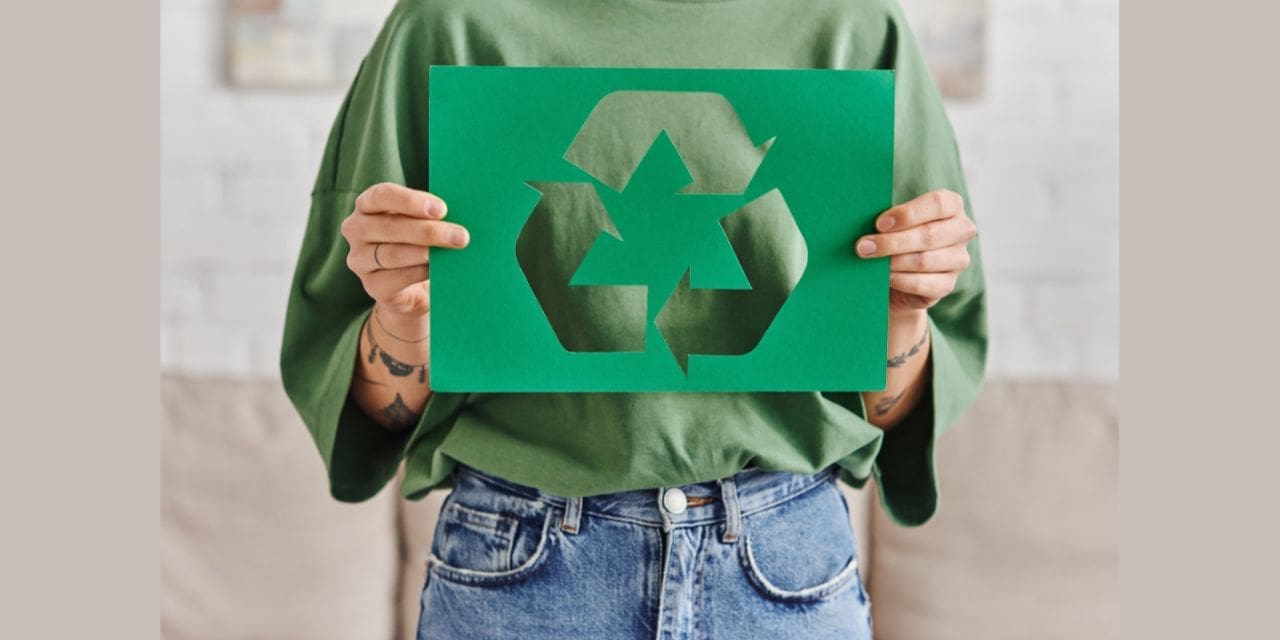India, October 11, 2023: Birla Cellulose, the division responsible for pulp and fibers within the Aditya Birla Group, stands as a prominent producer specializing in environmentally conscious Man-Made Cellulosic Fibers (MMCF), proudly announces the launch of its new groundbreaking Circular Fiber Blend.
This innovative blend significantly enhances the proportion of mechanically recycled fiber to 50% while maintaining high-strength yarn, making it ideal for fabric and garment production across diverse categories.

The Circular Yarn Blend promises exceptional sustainability credentials, including recognition from the Global Recycle Standard (GRS) for PCW (Pre-& Post-Consumer Waste) materials, the Recycled Claim Standard (RCS), FSC certification, and High Index certification. It also incorporates block chain technology, enabling full traceability of the yarn blend.
Which also ensures the transparency and accountability throughout the supply chain. Furthermore, the mechanical recycling process used to convert PCW waste into fiber is chemical-free and the most energy-efficient process for sustainable yarn production.
This Circular Yarn Blend innovation offering by Birla Cellulose addresses multiple environmental concerns in the textile industry. Through mechanical recycling, the process minimizes energy consumption, making it highly energy-efficient. Additionally, it is eco-friendly and this method also have the lowest greenhouse gas emissions, significantly reducing their carbon footprint. Moreover, the process ensures minimal water usage throughout its lifecycle.
An added environmental benefit is in-situ coloration, where recycled dope-dyed/mélange yarn negates the need for additional dyes or pigments, further lessening its environmental impact. This comprehensive approach underscores Birla Cellulose’s commitment to sustainable and environmentally responsible textile production.
Mr. ManMohan Singh, Chief Marketing Officer, of Birla Cellulose adds “Birla Cellulose takes great pride in introducing an innovative approach to recycle mechanical textile waste, utilizing cutting-edge technology for both pre and post-consumer textile waste. As a team, we are deeply committed to fulfilling our social responsibility by addressing critical issues, minimizing water consumption, reducing energy usage, lowering greenhouse gas emissions, and embracing eco-friendly practices. Our goal is to create a sustainable environment, fostering eco-friendly practices. We are confident that this initiative will encourage the textile industry to adopt more sustainable options, meeting consumer demand while upholding the highest quality standards and sustainable practices.’’
Birla Cellulose’s approach involves recycling mechanical textile waste, utilizing state-of-the-art technology to recycle pre and post-consumer textile waste. The resulting recycled fiber is expertly blended with Birla’s proprietary cellulosic fibers, including VSF, Birla Modal, Excel, Reviva, and Dope Dyed, in a unique proportion. This innovative recipe produces a yarn blend containing an impressive 50% pre or post-consumer waste (mechanically recycled) fiber and 50% proprietary cellulosic fiber.
About Birla Cellulose
As a pioneer in the field of sustainable fibres, Birla Cellulose, a part of the Aditya Birla Group, sets new standards for innovation, quality, and environmental responsibility. The company is always pushing the limits of what is possible in fibre technology, developing new, cutting-edge ways to meet the changing needs of the fashion and textile industries.
The sustainable fibres offered by Birla Cellulose’s extensive product line allow the company to serve various markets. Their fibres, like Viscose, Modal, and Lyocell, are known for being soft, comfortable, and easy to work with. It prioritizes environmental protection and strives to leave as little carbon imprint as possible. Birla Cellulose is steadfast in its commitment to environmental governance, which extends from the ethical procurement of raw materials to the use of environmentally beneficial methods of manufacturing.

